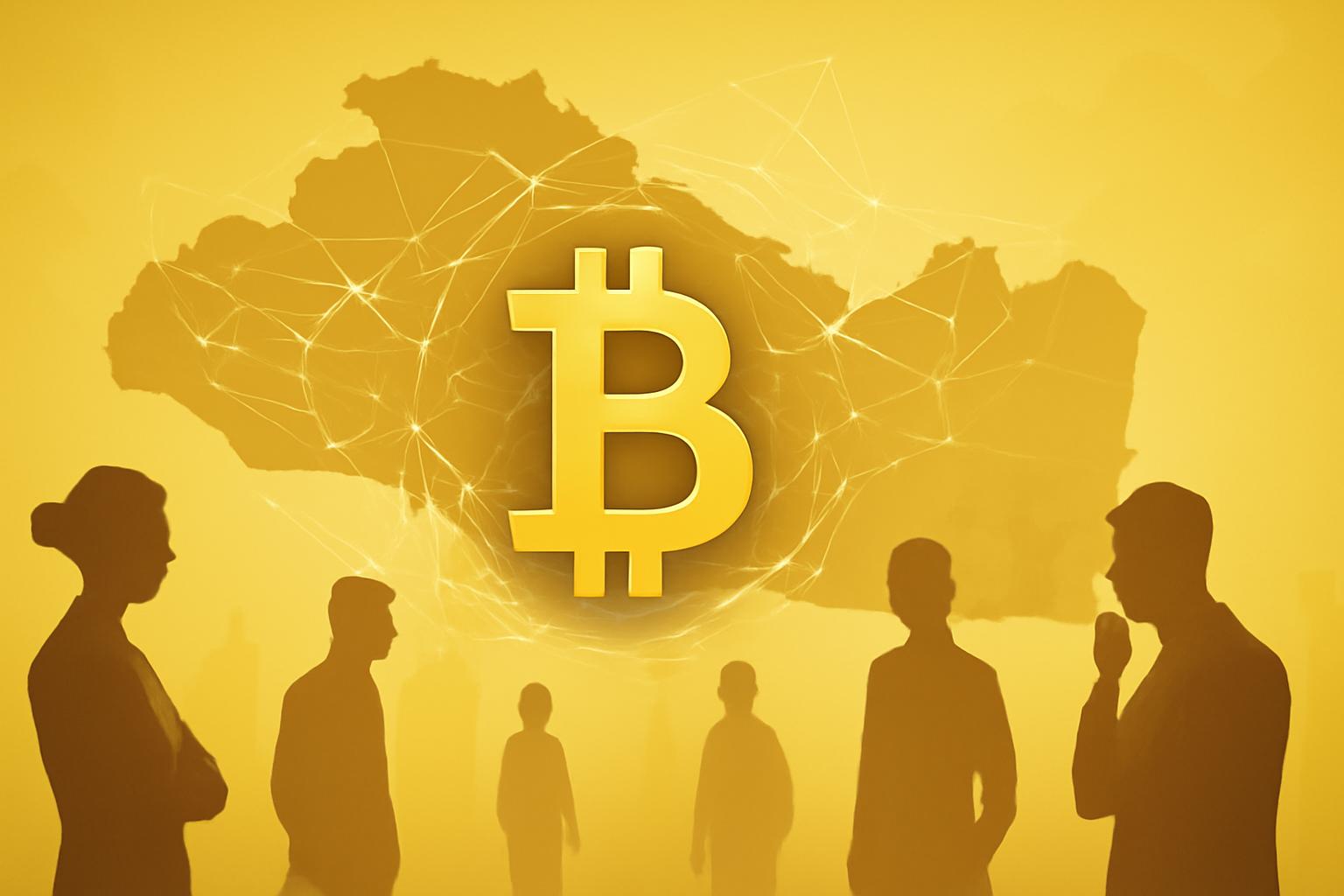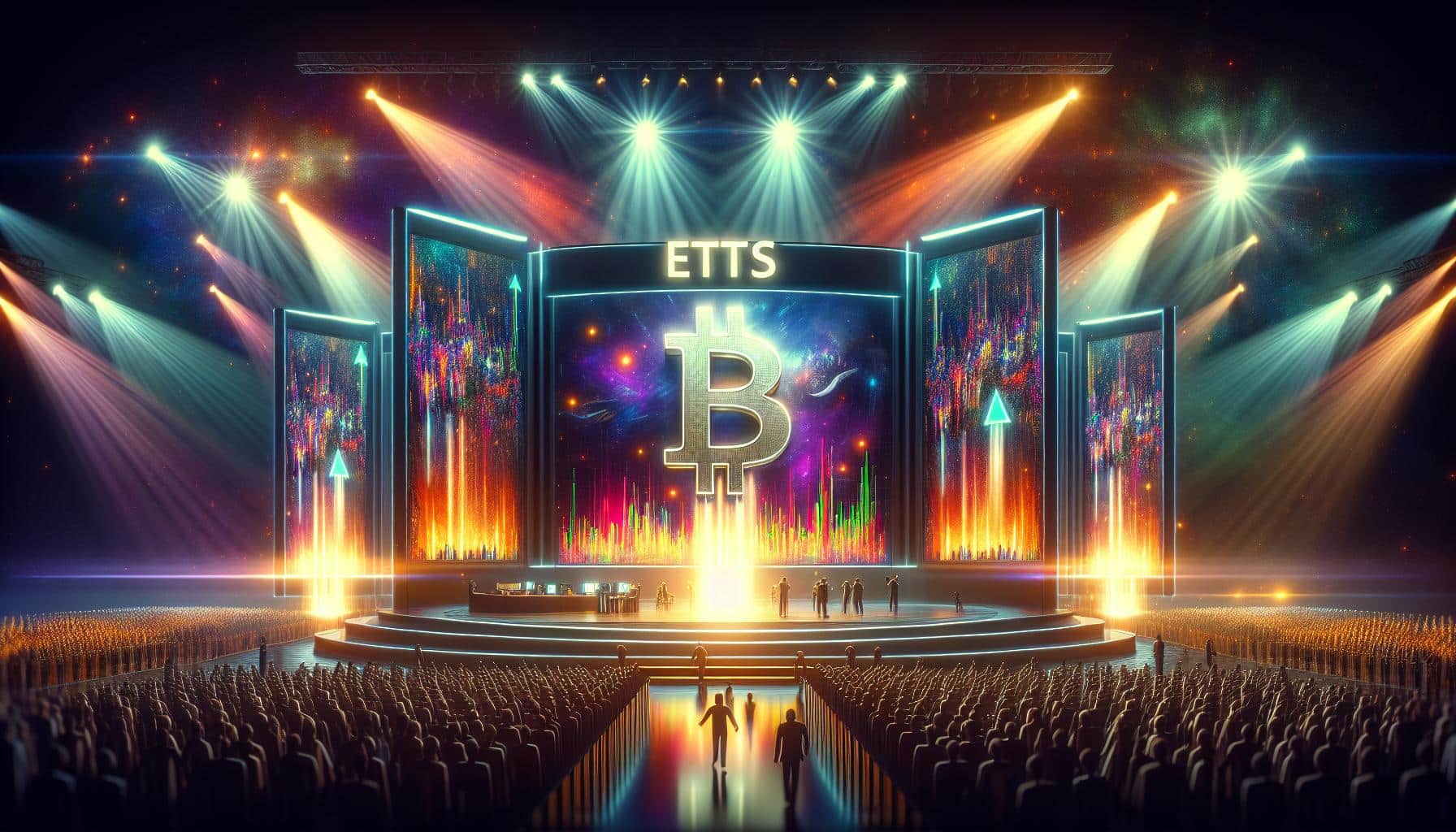El Salvador Celebrates Bitcoin Anniversary Amid Mixed Results
El Salvador marked the anniversary of its Bitcoin (BTC) legal tender law, a pioneering move that took effect in September 2021. As the first country globally to adopt Bitcoin as an official currency, the government’s Bitcoin Office highlighted key achievements, including a strategic reserve holding 6,313 BTC, currently valued at over $702 million.
The Bitcoin Office also noted the introduction of a new banking law enabling Bitcoin investment banks to serve sophisticated investors and reported that by 2025, 80,000 public servants have obtained Bitcoin certification. The country has expanded public education initiatives focusing on Bitcoin and artificial intelligence.
Policy Retrenchment Following IMF Loan Agreement
Despite these developments, El Salvador has significantly scaled back its Bitcoin-related policies. In January, the legislature repealed the Bitcoin legal tender law and agreed not to purchase additional Bitcoin with public funds as part of a $1.4 billion loan arrangement with the International Monetary Fund (IMF). This retrenchment also includes reduced governmental support for the Chivo Bitcoin wallet, which experienced limited adoption among residents.
In a July IMF report, it was confirmed that El Salvador has not acquired any new Bitcoin since the loan deal was signed in December 2024. The report included a letter of intent signed by Central Bank President Douglas Pablo Rodríguez Fuentes and Finance Minister Jerson Rogelio Posada Molina, affirming the government’s BTC holdings have remained unchanged.
Mixed Outcomes and Criticism from Advocates
El Salvador’s four-year Bitcoin experiment has produced mixed results. While the government touts its Bitcoin reserves and educational programs, critics—including Bitcoin advocates and NGOs—argue that the policies have disproportionately benefited the government and international investors rather than the general population.
These critics emphasize the need for broader education efforts to enable widespread adoption and to ensure that the benefits of Bitcoin as a decentralized peer-to-peer electronic cash system are realized by everyday Salvadorans, not just institutions.
The country’s Bitcoin journey remains a subject of debate as it balances innovation with economic realities and international financial pressures.
FinOracleAI — Market View
El Salvador’s rollback of Bitcoin policies following the IMF loan agreement introduces regulatory uncertainty and dampens momentum for Bitcoin adoption in the country. While the government’s substantial Bitcoin reserve underpins its commitment, the lack of further purchases and reduced support for public wallets signal a cautious stance. Key risks include potential investor skepticism and limited user adoption domestically. Market participants should monitor El Salvador’s future policy shifts and the impact of educational initiatives on grassroots Bitcoin use.
Impact: neutral













